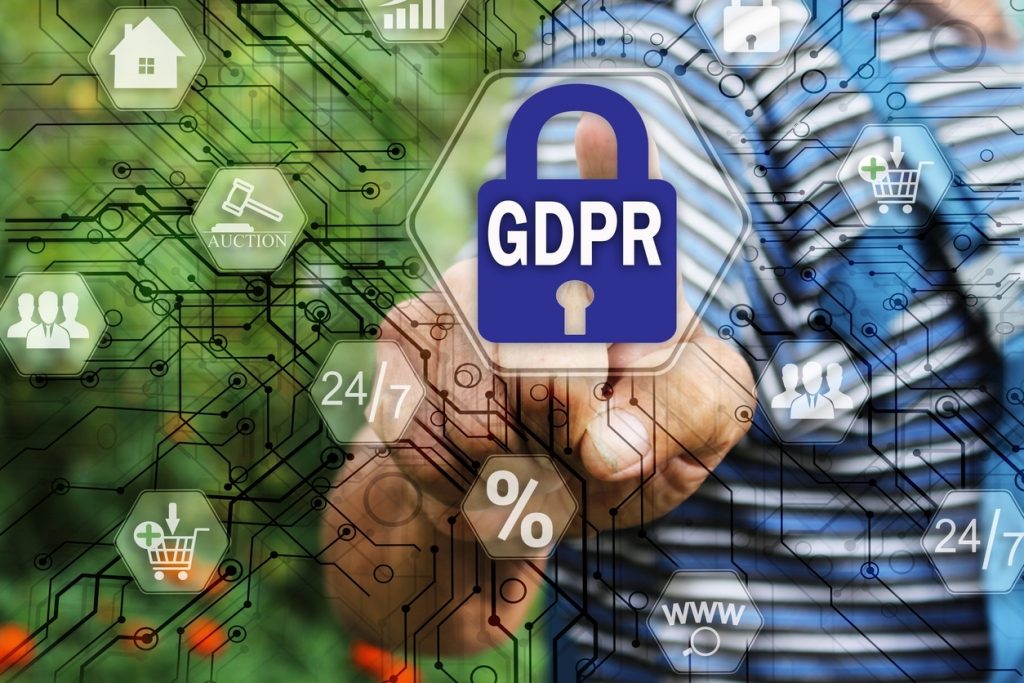GDPR: marketing opportunity or the end of digital communication?
Since the announcement of its arrival the new General Regulation on Data Protection (GDPR) has caused controversy. Its application is not yet very clear for all companies, which creates some confusion and fears about its implementation. Most companies look at GDRP as an enemy of digital communication, but there are others who can see a marketing opportunity here that can help them grow. In today’s article, we will find out if the GDPR is a marketing opportunity or if it is the opposite: the end of digital communication!
Changes in Marketing
Modernization of the mode of communication
The new GDPR will eventually help your company to be modernized. Because it is necessary to have explicit consent from the user, it is important that this consent is in a safe place and that there are no errors. Manual consent is much more susceptible to human error and much more likely to be lost. Therefore, a good solution for your company and for complying with the GDPR is to create a form for the new client or potential client to fill, which contains all the information about the future treatment to which the data will be subject. Contacts that already exist in a paper format should be transcribed into a digital format and an email containing the user’s personal data should also be sent to inform how data will be processed. In this way, digital communication is not only not threatened, but also becomes more practical and intuitive.
Improvement of databases
At first sight, having to delete contacts from your database seems like a catastrophic scenario, since it took (possibly) years to build it. However, if you think objectively you will realize that a large part of the contacts in your database are useless. If your database has many contacts that didn’t consent to the sending of communications, the quality of the database is greatly reduced. When you submit an email marketing campaign, your opening fees will be very weak if you constantly send emails to people who don’t want to know about your brand. By cleaning the database with the help of the GDPR, you will send communications only to those who showed willingness to receive them and their results will improve significantly.
If you usually take part in business fairs, you are accustomed to collecting business cards and placing them in an Excel file, possibly, and then these contacts become part of your database for sending newsletters and information. However, due to the requirement for explicit consent for the processing of data, this method is not possible. So, if you want to use the emails to send campaigns, you must collect explicit consent from the holders of personal data. This point may seem unfriendly to Marketing, but the truth is that it will also contribute to having a database that is much more qualified and completely suited to your business.
What should I do to comply with the GDPR?
Although the new legislation significantly changes the performance of email marketing, it will continue to be possible to communicate through this medium. To do this, just apply some measures:
- Perform an audit of the current database: It is important to know where the database contacts are geographically located, and you need to keep evidence of consent provided by your contacts.
- Get to know where the contact came from: it is necessary to know how that contact came to the company and it is necessary to know if the data is up to date.
- Privacy Policy: It is mandatory to have a privacy policy that details in detail how data is collected, how it is handled, and for what purpose it is stored in the company database.
In conclusion, we can say with certainty that GDPR is a marketing opportunity for all companies that can adapt to change. Digital communication will be more controlled and more appropriate and the results can only be positive!


About the author